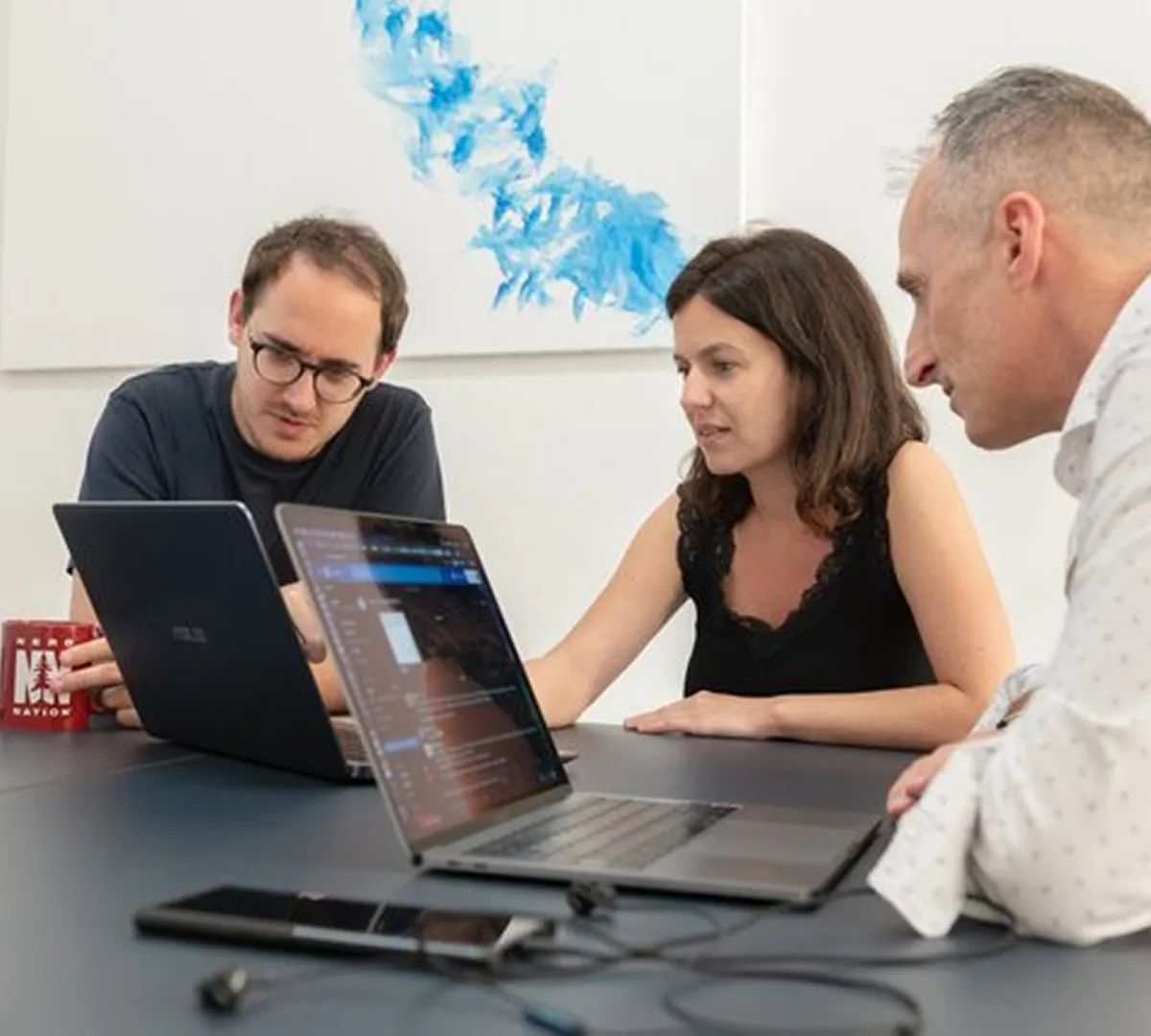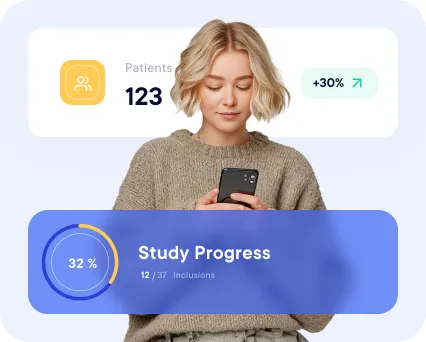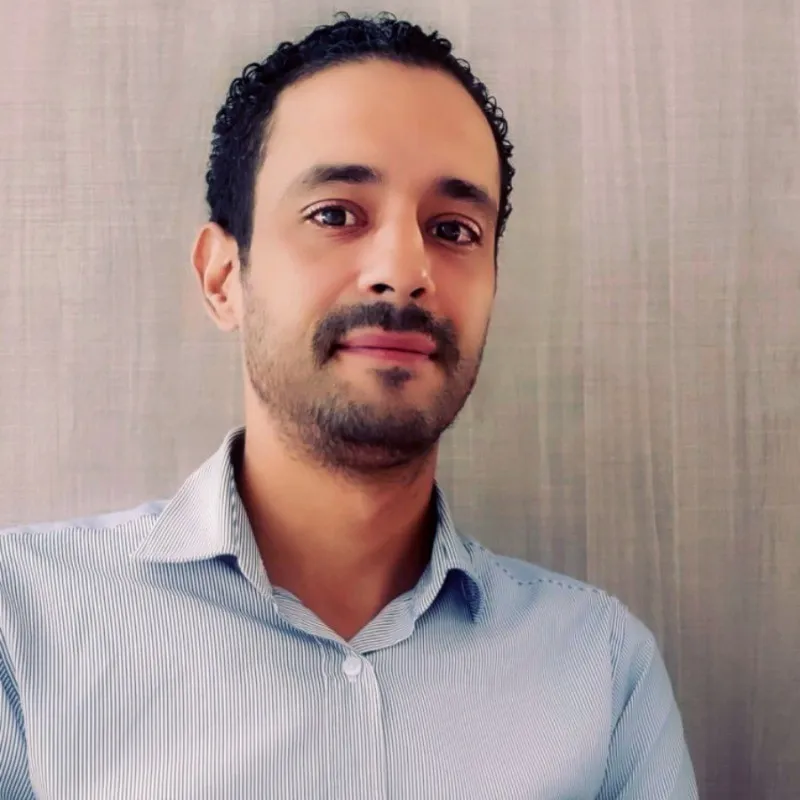Using an eCRF has several advantages over the use of paper forms to collect data during a clinical study:
1. Improved data quality
eCRFs make it easier to check for errors and inconsistencies in data, as they are providing with validation checks to verify data entry in real-time. This reduces the risk of human error and inconsistencies in the data collected.
2. Accessibility
The eCRFs are usually accessible via a secure web interface, allowing clinical study investigators to access the data at any time and from anywhere in the world.
3. Traceability
eCRFs offer full data traceability, as every change is recorded, with timestamps and a full audit trail, ensuring that the data is secure and reliable.
4. Time saving
eCRFs speed up data collection and analysis, as data can be captured in real time, reducing data processing time and the overall clinical study time.
5. Cost saving
eCRFs eliminate the costs associated with paper forms such as printing costs, storage costs, and paper document management, which can significantly reduce overall clinical study costs.
6. Data security
eCRFs are typically providing advanced security mechanisms such as data encryption, role-based access controls, identity and access management, and event logging, which ensure that data is stored securely and protected from loss, disclosure, or unauthorized use. This enhanced data security is essential to ensure the confidentiality and integrity of data collected in a clinical study.
In brief, the use of an eCRF improves the quality, efficacy, safety, and cost-effectiveness of clinical studies, making it an attractive choice for researchers and healthcare professionals involved in clinical trials.















